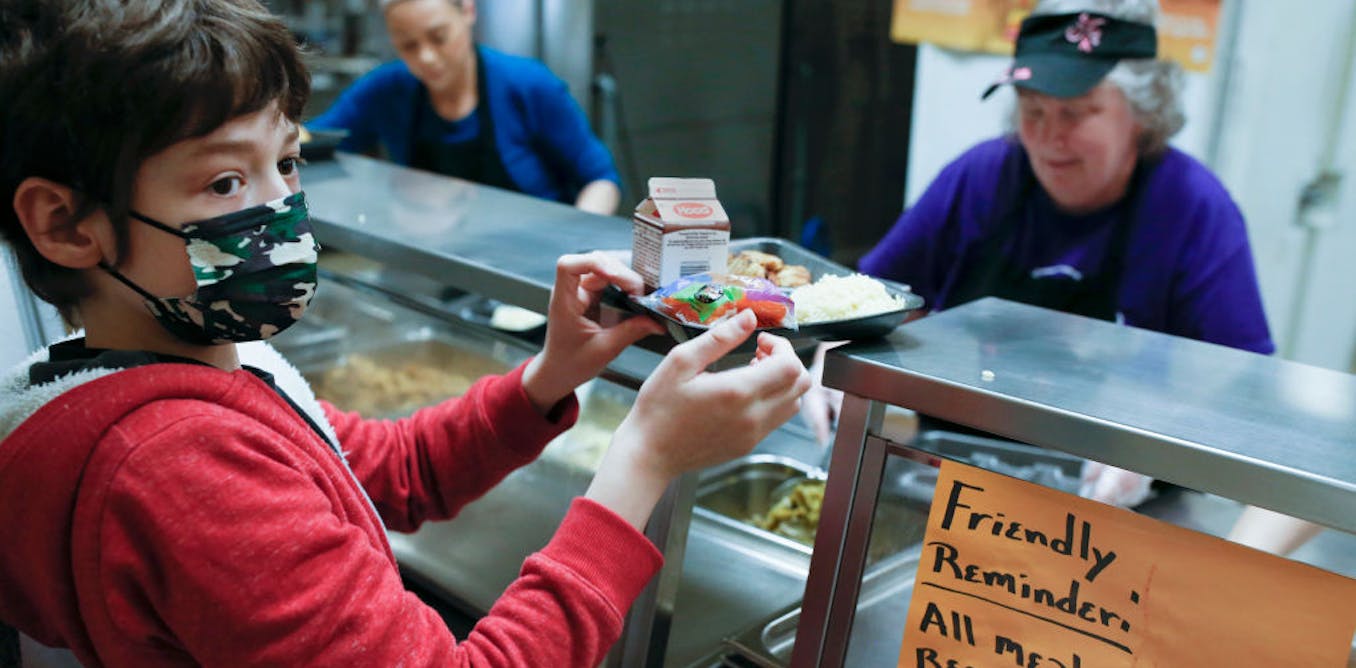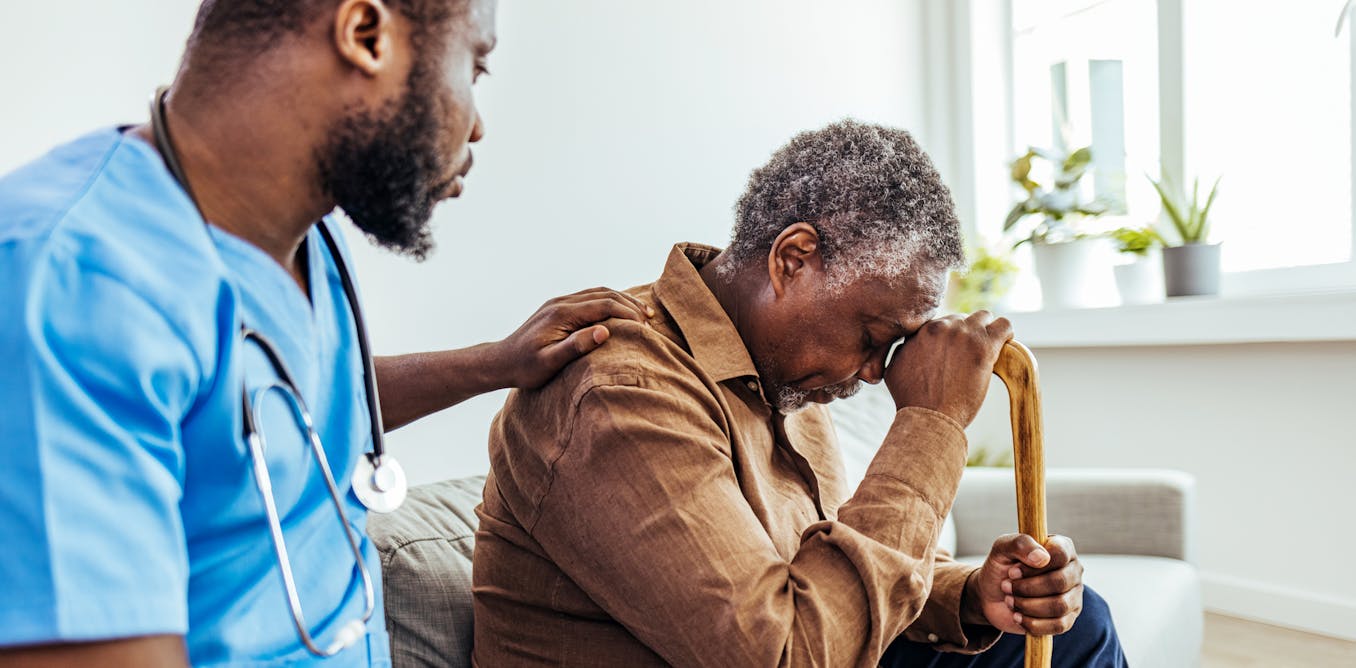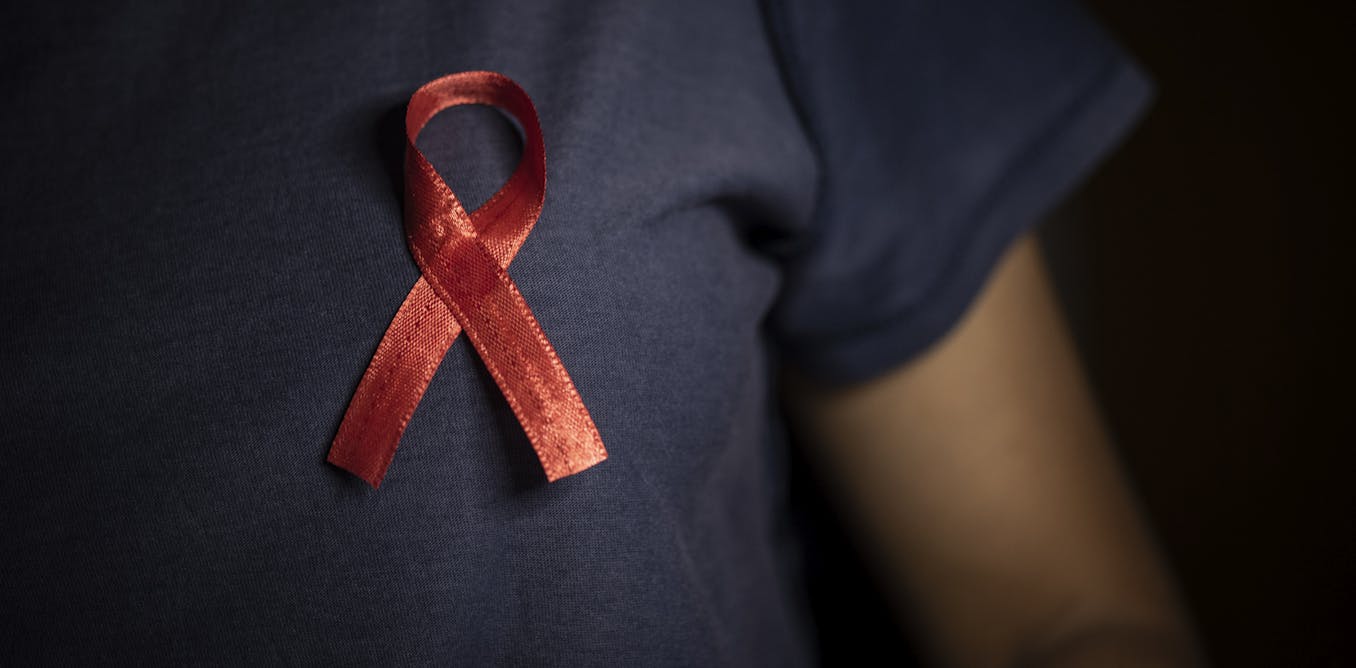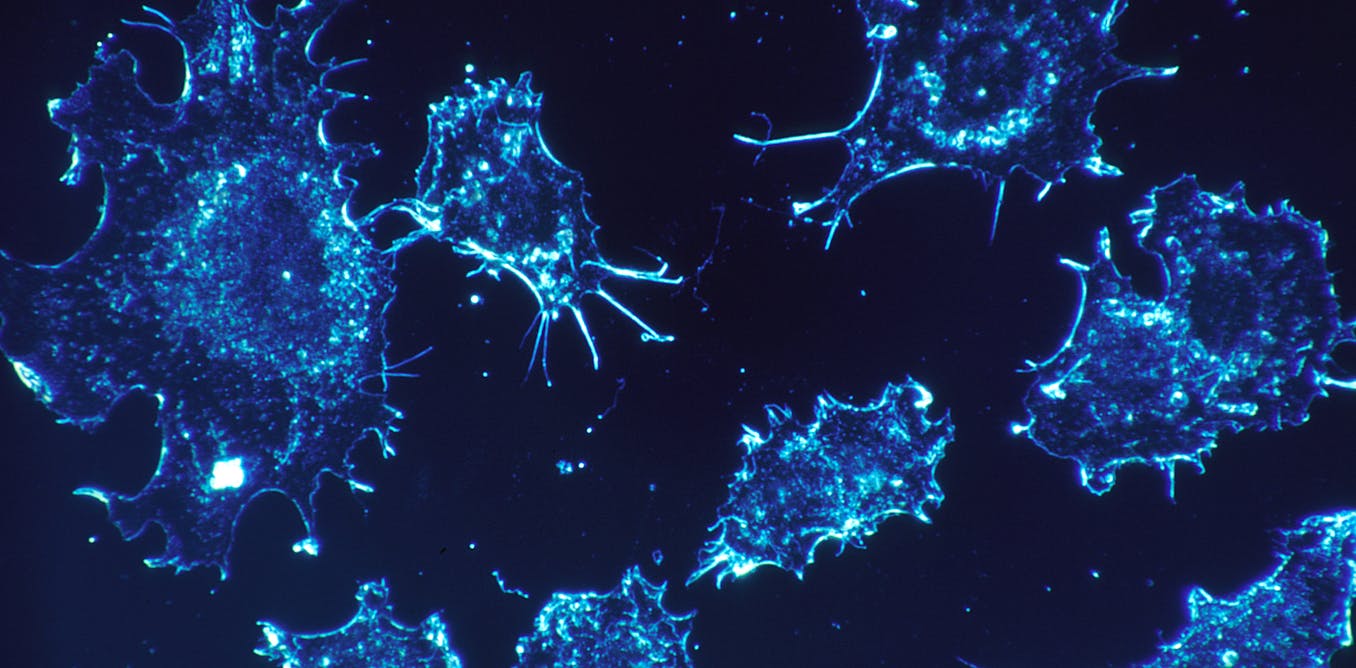Free school meals for all may reduce childhood obesity, while easing financial and logistical burdens for families and schools
Since nutrition standards were strengthened in 2010, eating at school provides many students better diet quality compared with other major U.S. food sources.
March 18, 2024 • ~10 min







